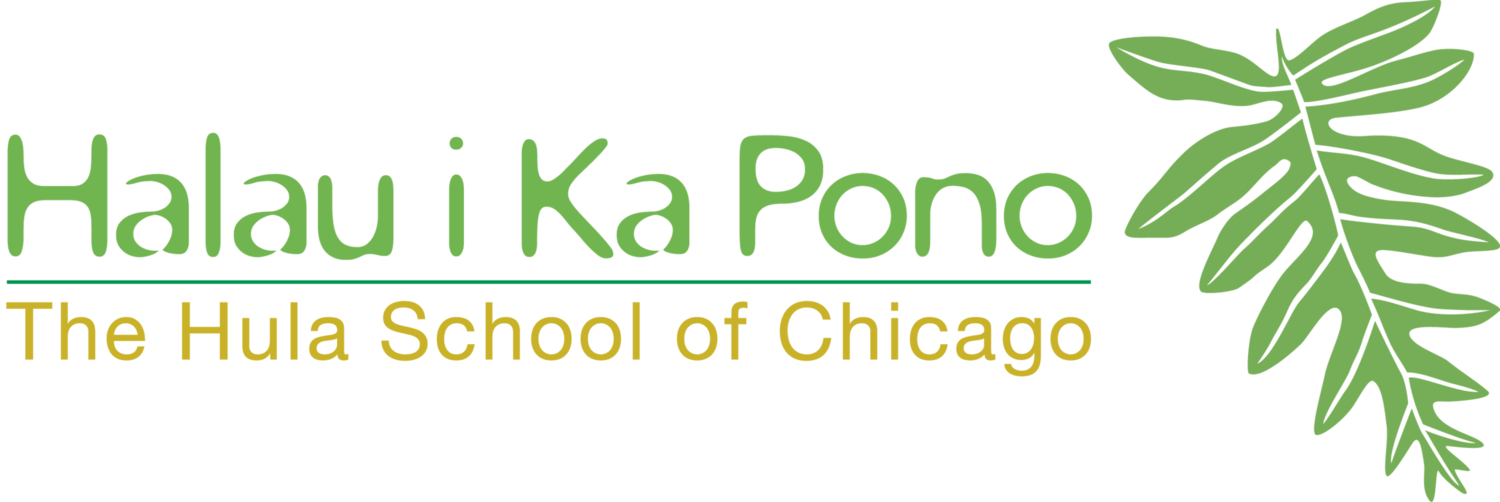“Ho’omaika’i - To Respect All”
Respect is a basic human need. Like water, air, and food, humans cannot thrive without respect. Respect is also a key component of Aloha. To respect all means respect yourself, respect others, respect the plants, the earth, and the ancestors. I think it also means respect difficult situations that arise for you.
When I was on vacation in the little town of Mayville, WI, I went to a coffee shop the last Sunday we were there. The place was crowded and noisy. I put my order in for a couple of breakfast sandwiches and saw there were five other tabs before mine.
I waited about 40 – 45 minutes growing impatient and irate. The café had thinned out by then and there were just a few people left. I talked with the young woman making coffee. “What happened to my order? I’ve been waiting for at least 45 minutes.” I said, my mood sullen.
The young woman was very apologetic, she checked the orders and said it must have gotten lost. I’ve checked and we’re making your sandwiches right now.” She also gave me a little card saying, “I’d like to offer you a free drink the next time you’re in.”
“I won’t be in again,” I said rather curtly. “I don’t live here. So I’ll take the drink now.”
“Oh yes,” she said again very apologetically. I ordered a matcha latte which she made quickly. The warm green almond milk helped me feel a bit better. The young man making the sandwiches came out with one, but it was not for me.
At that point, I felt my need for respect was not being met and I stepped up to counter and told the young woman that I would like to cancel my order. She said yes and apologized again. I left calm on the exterior but seething on the interior.
To respect all is a tall order. In that moment and for an hour or so later, did I respect that young man making breakfast sandwiches? No, I did not. During the week of vacation, I didn’t practice meditation at all. Perhaps if I had I would have been more equanimous.
I practiced walking after that. Just walking, one foot in front of the other. I walked all over the park and the river. I let go of any thoughts that arose and just appreciated the blue sky, the park with Canadian geese sunning themselves, and the slow muddy green river. Hardly anyone was out that Sunday morning. I didn't negate my anger. And I didn't focus on it. After a time, I noticed it had lessened.
There’s a wonderful hula that we learned from Kuana Torres Kahele called Kukaniloko which is about the birthing stones located on the island of Oahu. Kukaniloko means to anchor the cry within. For me, that means taking responsibility for your feelings that come up and not blaming others. It also means pausing, not doing or saying anything right away, especially continuing to feed the story. Thoughts will arise about the experience, notice them, suspend judgment, and let them go.
In Zen we practice getting close to things that are uncomfortable. That’s where wisdom resides. The small ego-self that thinks it’s the center of the universe can rule your life. We always want to protect it by judging, blaming, and criticizing others but seeing things exactly as they are is the deepest wisdom. If any speck of judgment remains we can’t see clearly and we suffer.
Respect difficult feelings and difficult people. It’s part of the process of wholeness.
Malama pono (Take good care of body, mind and heart),
June Kaililani Ryushin Tanoue
Kumu Hula, Roshi
P.S. Dharma Talks at our Sunday Morning Zen: Roshi Robert Joshin Althouse "Know Your Own Mind" https://youtu.be/cqmKJZYCzyQ and Roshi June Tanoue's "Contemplations on the Platform Sutra" https://youtu.be/nYD4apqATXI

